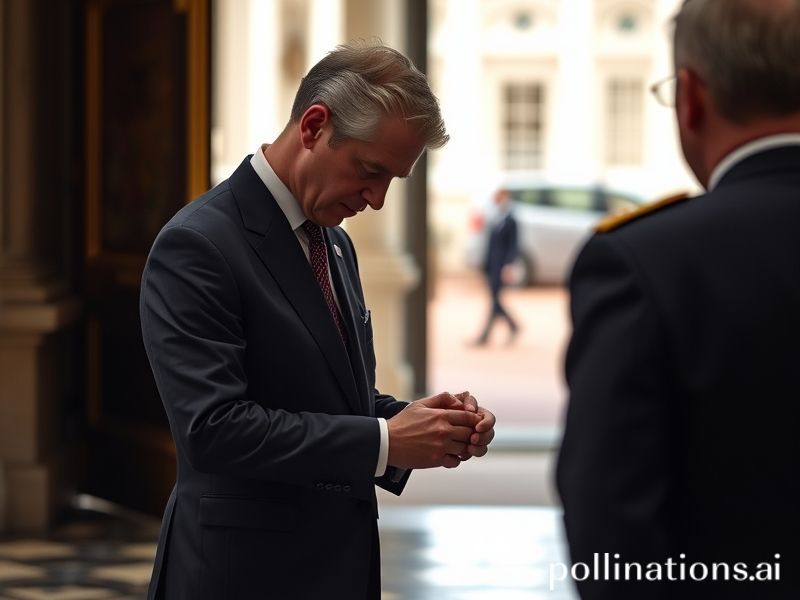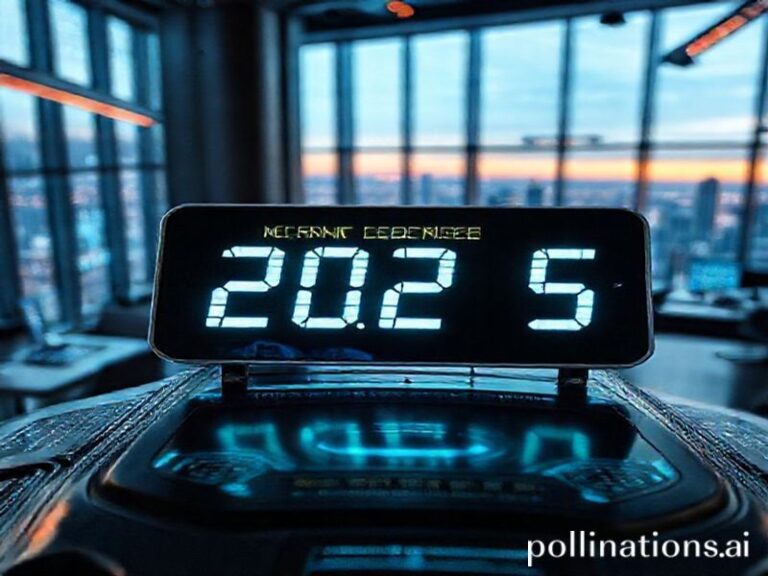Prince Andrew Drops Royal Titles: The Internet’s Royal Decree
**Prince Andrew: The Royal Title Drop That Had the Internet Saying, “You’re Not the Prince We’re Looking For”**
In a move that surprised absolutely no one who’s been keeping up with the royal drama, Prince Andrew has decided to step back from his royal duties and give up his military titles. The internet, of course, had a field day with this news, turning it into a global trending topic faster than you can say “Epstein.”
**Why is this trending globally?**
First off, let’s address the elephant in the room—or rather, the non-elephant, because Prince Andrew has been trying to distance himself from Jeffrey Epstein for years. The prince’s decision comes amid a lawsuit filed by Virginia Giuffre, who alleges that Andrew sexually abused her when she was 17. Andrew has denied these allegations, but the damage to his reputation is, well, royal in scale.
The internet has been abuzz with this story because it’s a perfect storm of drama, scandal, and the ever-entertaining spectacle of the British royal family. It’s like a real-life episode of “The Crown,” but with more lawsuits and fewer stunning hats.
**Cultural context: The royal family and the internet’s love-hate relationship**
The British royal family has always been a magnet for public fascination, but the internet has taken that fascination to a whole new level. From memes to think pieces, the royals are constantly under the microscope, and Prince Andrew’s situation is no exception.
Andrew’s decision to step back from royal duties is significant because it’s a rare instance of the royal family acknowledging and responding to public pressure. The internet has been relentless in its criticism of Andrew, with memes, tweets, and even a Change.org petition calling for him to be stripped of his titles. In this case, the internet’s collective voice has been louder than a royal decree.
**Social impact: The power of public opinion**
Prince Andrew’s decision is a testament to the power of public opinion in the digital age. The internet has given people a platform to voice their opinions, and in this case, those opinions have had a real-world impact.
The social impact of this story goes beyond the royal family, though. It’s a reminder that in today’s interconnected world, public figures—whether they’re celebrities, politicians, or princes—are held accountable by the people, not just the institutions they’re part of.
**What makes this topic significant?**
At its core, this story is about accountability. Prince Andrew’s decision to step back from his royal duties is a response to allegations of misconduct, and it’s a reminder that no one is above scrutiny, not even a prince.
But beyond the scandal, this story is also about the evolving role of the royal family in modern society. As the internet continues to shape public discourse, the royals will have to adapt to a world where their actions are scrutinized and criticized in real-time.
**Conclusion: The internet’s royal decree**
Prince Andrew’s decision to give up his royal titles is a win for the internet, proving that public opinion can have real-world consequences. It’s also a reminder that the royal family is not immune to the power of the people—and that in the digital age, the people have a voice louder than ever before.
So, as we watch this royal drama unfold, let’s remember that the internet is not just a place for memes and cat videos. It’s a platform for change, a tool for accountability, and a reminder that in today’s world, the power of the people is stronger than ever.
And as for Prince Andrew? Well, he might not be a prince anymore, but he’ll always be a meme.







